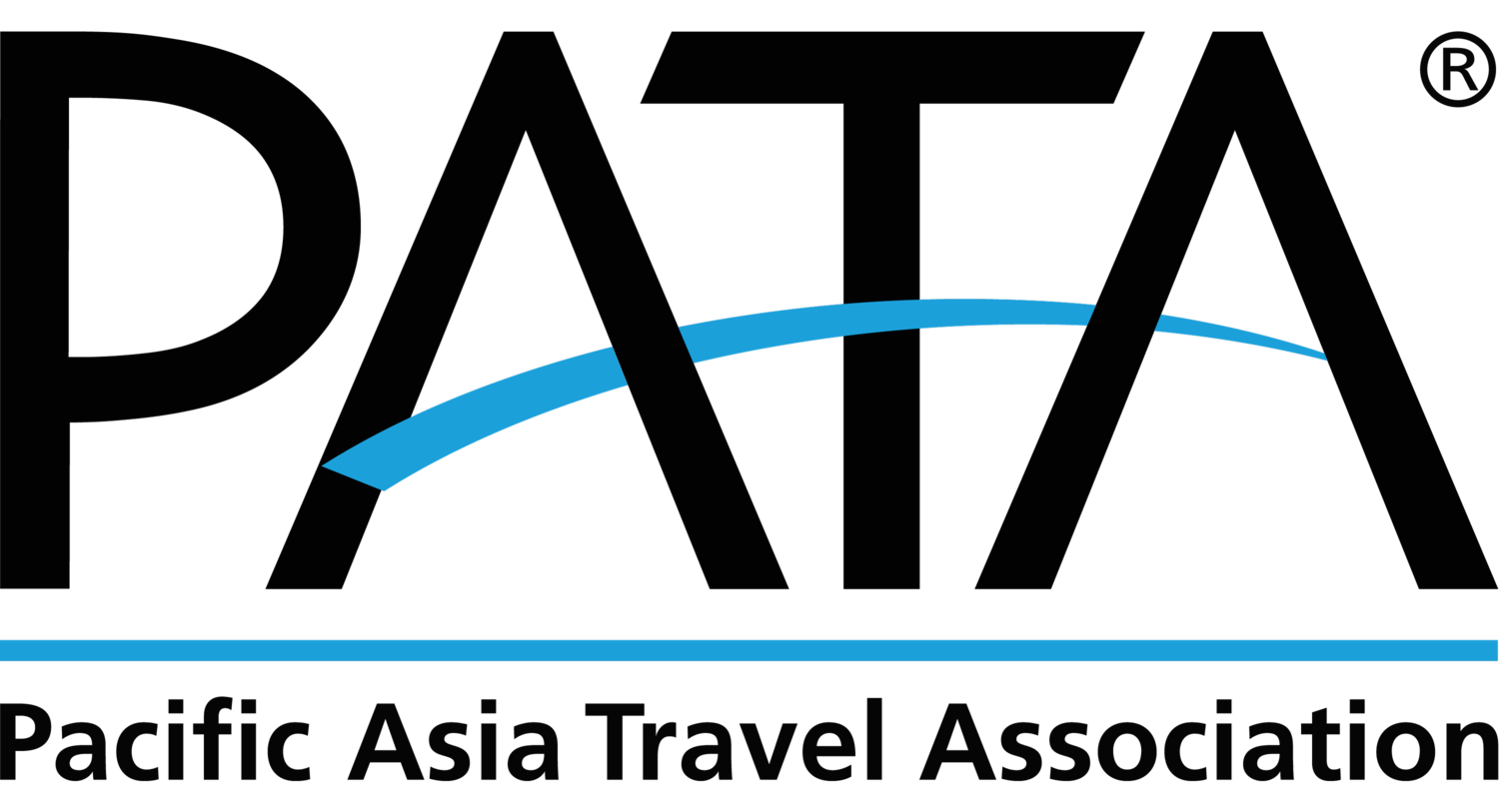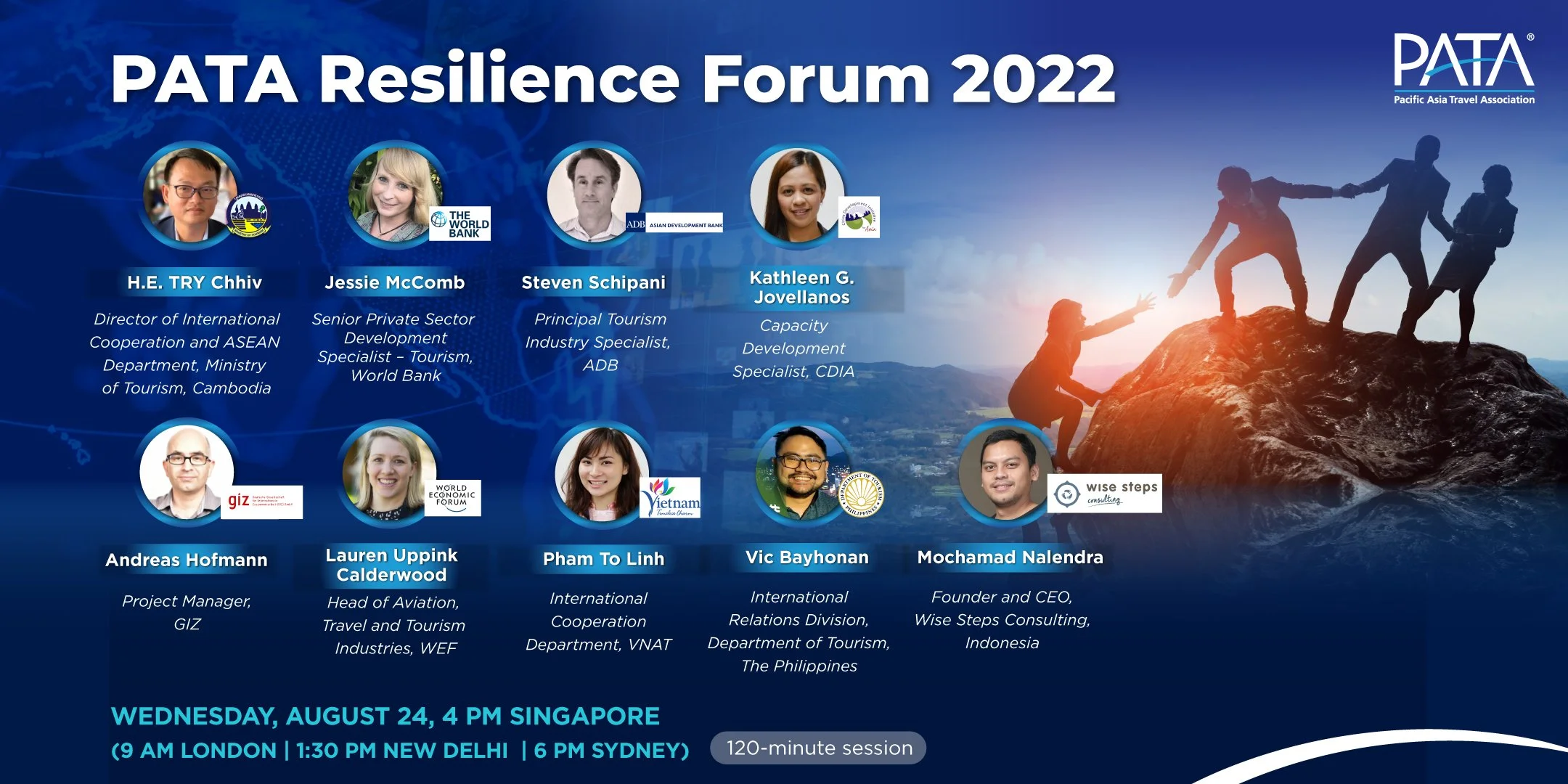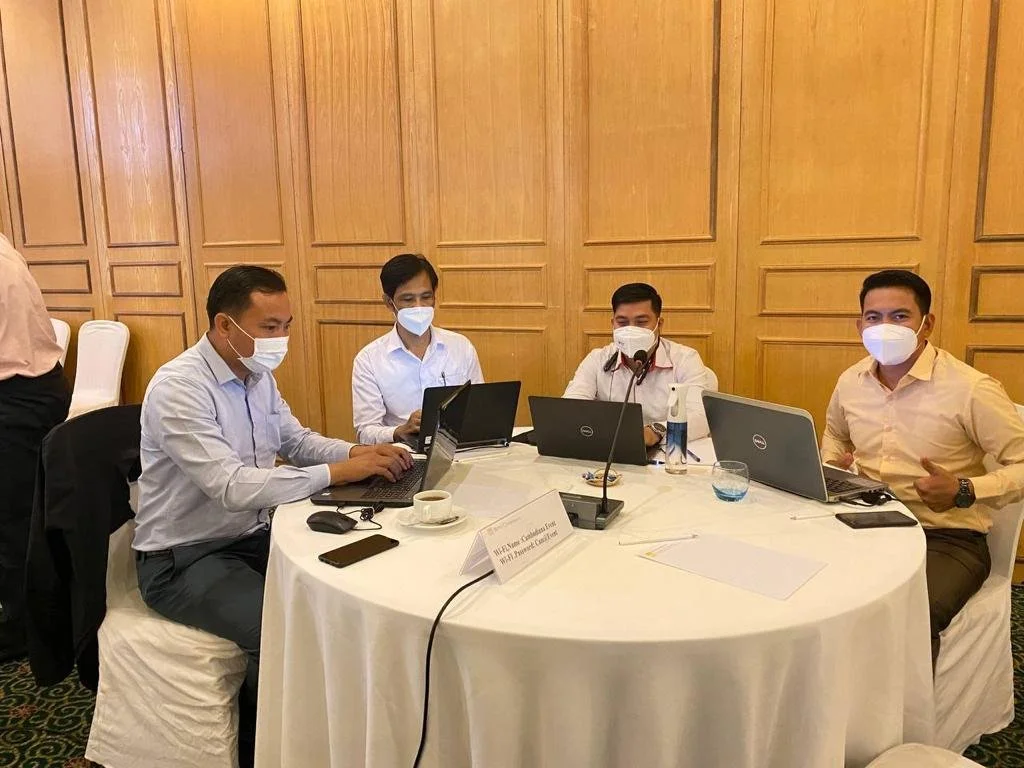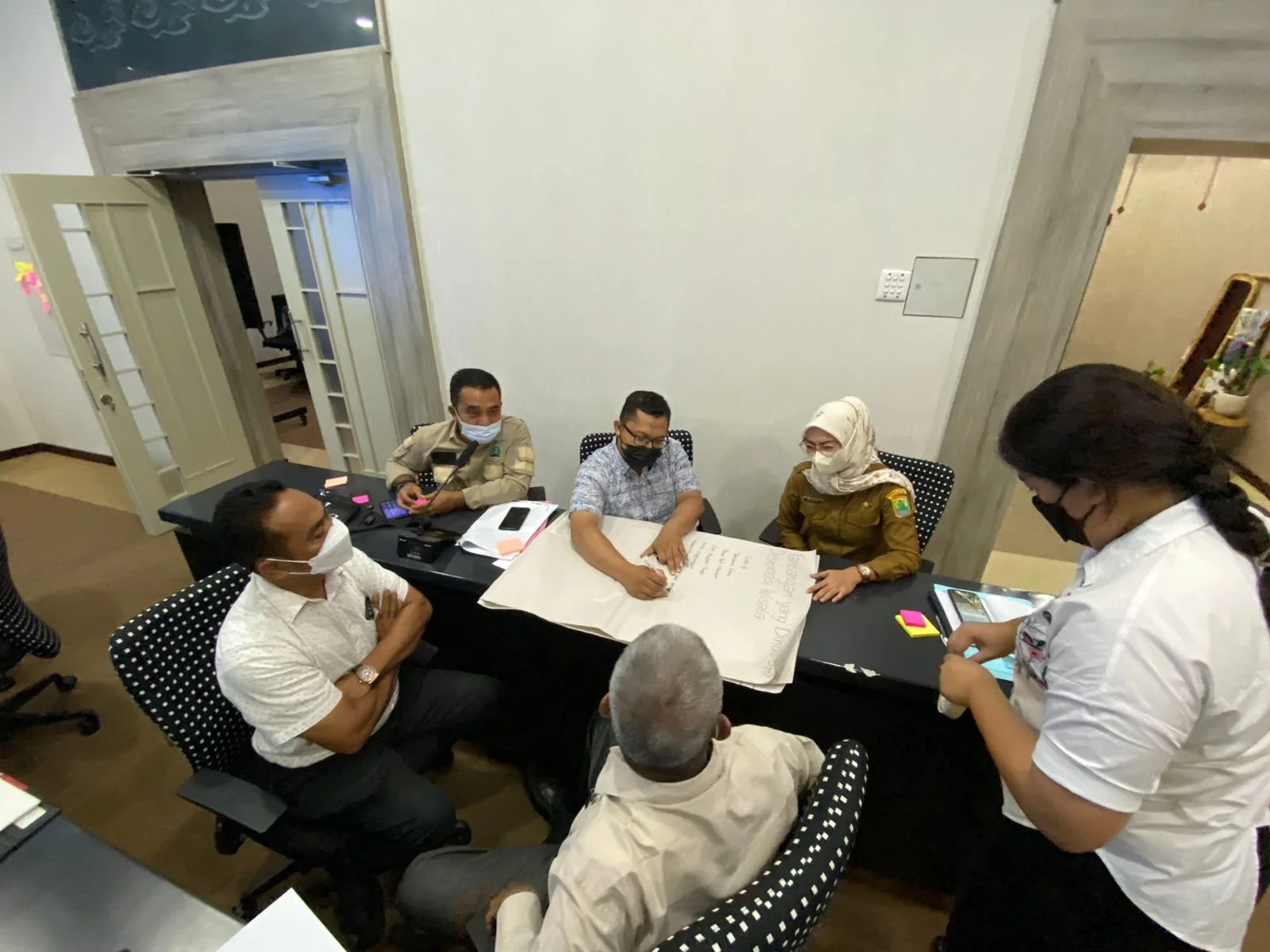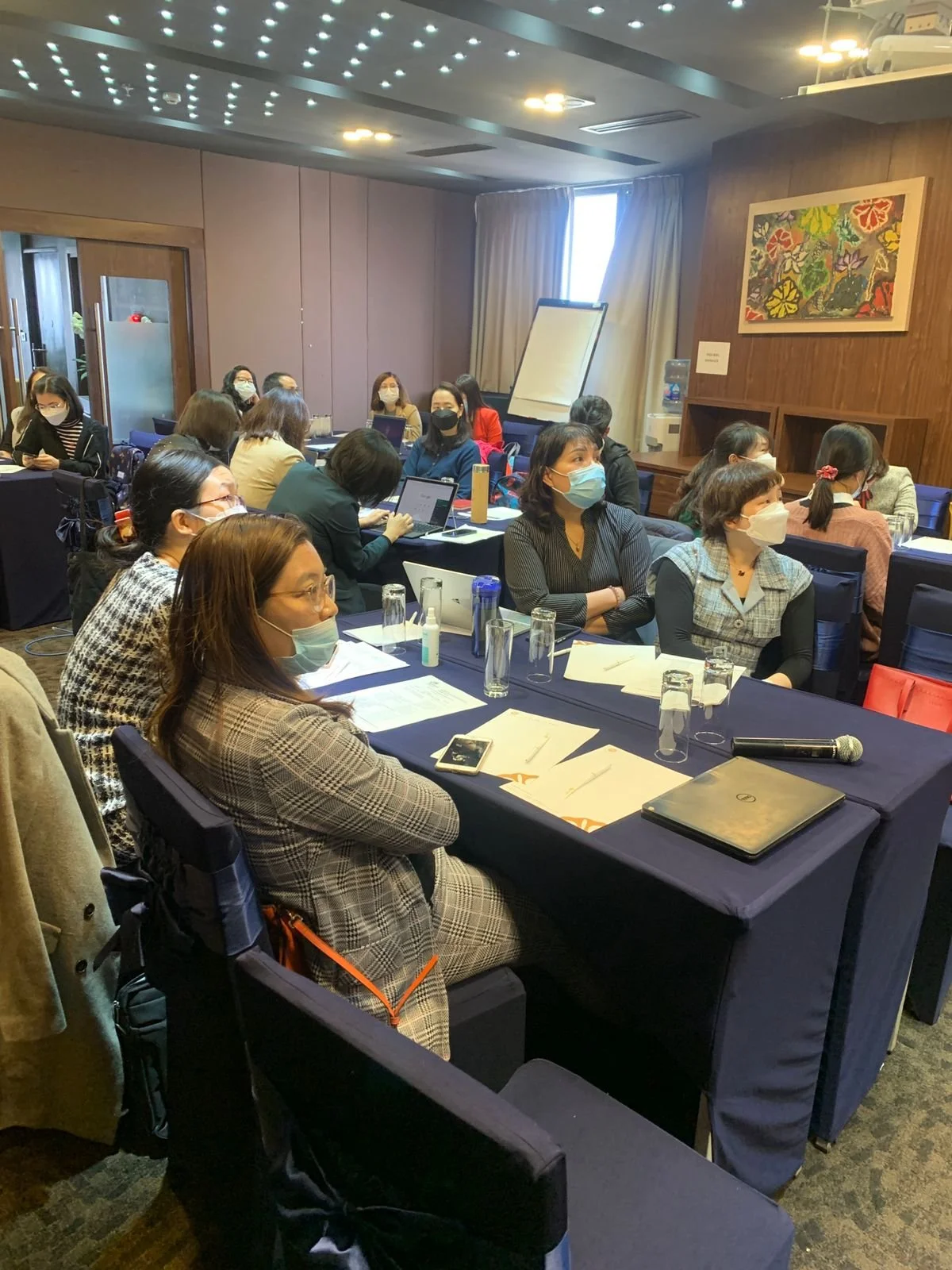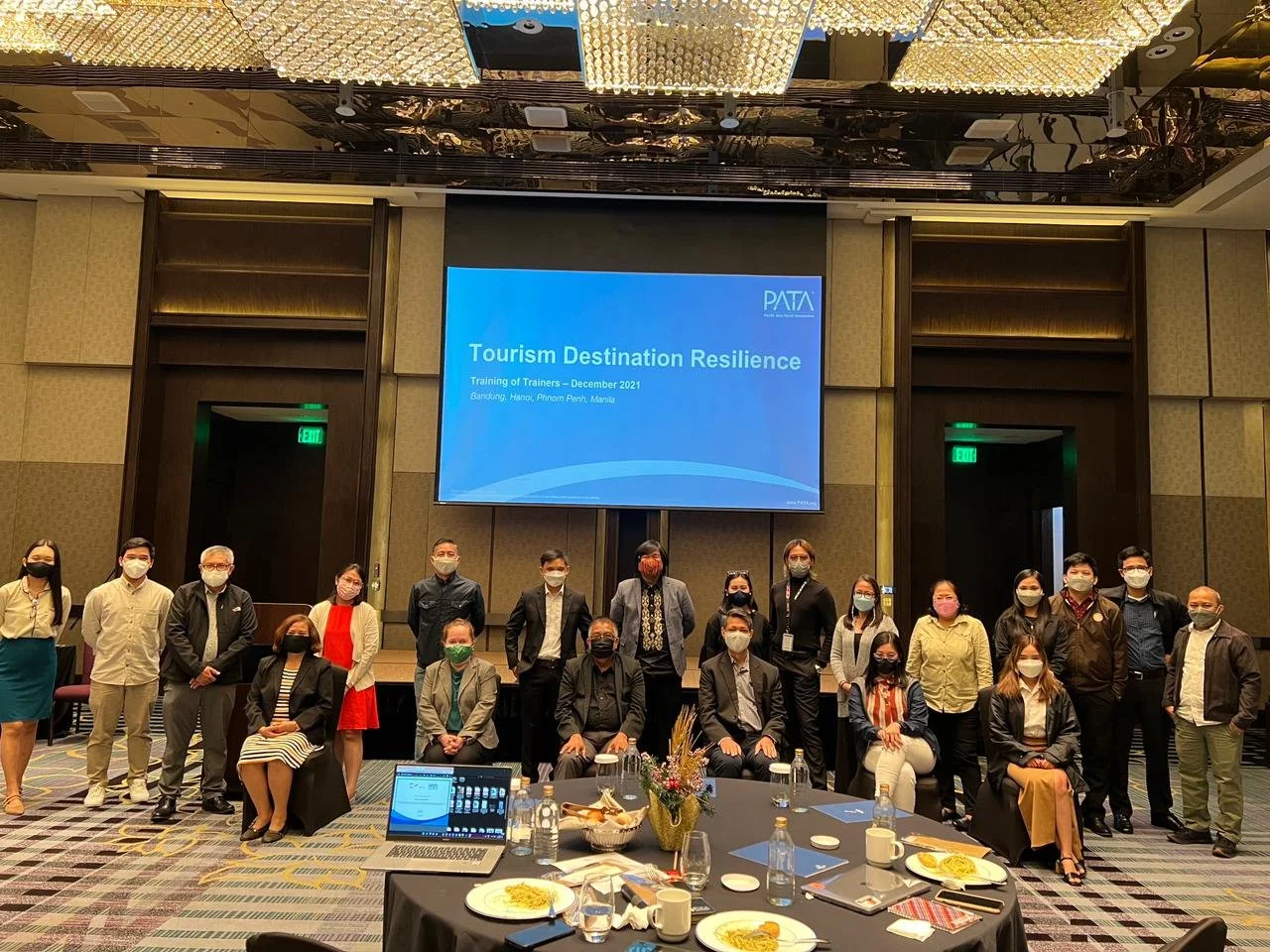PATA Resilience Forum 2022: Developing Partnerships for Tourism Destination Resilience
In August 2022, PATA had the pleasure of hosting the Resilience Forum 2022, to bring together the work that has been carried out since March 2021 with the Tourism Destination Resilience Programme (TDR). The programme consists of several steps and tools developed to help destinations build resilience. This article explains how to access some of these tools, namely the 10 online learning modules, the resource library, the Risk Exposure Tool and Resilience Assessment Tool.
But there is another extremely important tool of the TDR Programme: our in-destination training and capacity building for resilience. In December 2021, PATA conducted the TDR Training of Trainers (ToT) for National Tourism Authorities (NTAs) professionals and other national-level destinations managers and stakeholders. The ToT aimed at enabling the NTAs to disseminate the knowledge and resources of the TDR Programme to subnational destinations to better withstand adversity and bounce forward from crises and disasters.
The ToTs of December 2021 took place in:
Phnom Penh, Cambodia
Bandung, Indonesia
Manila, the Philippines
Hanoi, Vietnam
Following the national-level ToTs, the TDR Programme also included trainings for DMOs at subnational destinations. These took place in early 2022, in Hoi An, Vietnam; Siem Reap, Cambodia; Bogor, Indonesia; and Siquijor Island, the Philippines.
The trainings were attended by members of the DMOs but also by other stakeholders in the destinations, such as representatives of the departments of environment, agriculture, health, waste and water management, police staff, municipality committee members, managers of tourism businesses and tourist attractions, among many others. This diversity of stakeholders in the trainings was imperative for the thorough and holistic analysis of the destinations' resilience needs.
What were the outcomes?
The four participating destinations were able to identify the following priority needs for resilience-building:
Siem Reap, Cambodia
Capacity development and training for destination resilience: enhance digital skills to meet post-COVID market demands for market research, product development, digital marketing and promotion, and standard operating procedures (SOPs) for food safety and security.
Roles, functions, and governance of DMOs: increase stakeholders’ knowledge of the roles and responsibilities of DMOS and facilitate intra-regional exchange of best practices.
Integrated tourism planning: better integrate tourism planning across sub-DMOS in relation to site and visitor management, e.g., tourist carrying capacity and scientific methods to collect data on tourist numbers.
Tourism infrastructure development: develop tourism information centres and improve/build infrastructure such as solid and liquid waste management facilities, eco-toilets and trails/tracks in protected areas.
Bogor, Indonesia
Development of a DMO: create a local multi-stakeholder DMO for the management and planning of tourism and tourism data, to increase resilience and adaptive capacity as well as to enable proper risk management of the destination.
Tourism vision and branding: develop a clear branding, communication and marketing strategy to more effectively attract the desired visitor segments and increase competitiveness.
Product development and sustainability: focus on quality and sustainable products and services along the tourism supply chain that is consistent with the branding and marketing strategy.
Siquijor, the Philippines
Development of a DMO: establish a DMO that is represented by various stakeholders including civil society organisations and marginalised groups such as fishers, farmers and women to provide a platform for consensus building and spearhead the crafting of a common vision for the tourism industry of Siquijor.
Sewage and solid waste management: establish a sanitary landfill to service the municipalities.
Tourism planning: review existing tourism-related plans, update the tourism code and ensure future plans undergo a collaborative, stakeholder-driven process.
Quality work in the tourism public sector: create full-time positions for municipal tourism officers to guarantee the efficient development, monitoring and management of tourism activities and businesses.
Capacity building for sustainability: provide training on sustainable tourism development to all relevant tourism stakeholders.
Accessibility: develop resilient and inclusive infrastructure that connects and moves people and goods efficiently, consistently, safely and sustainably.
Hoi An, Vietnam
Upskilling and training: enhance the capacity of local officials at the Department of Tourism towards strategic planning and policy development; effective communications and promotion for tourism with a strong emphasis on crisis communication; and digital skills to leverage smart tourism.
Diversification of tourism offerings with a focus on green and responsible experiences: develop creative cultural and conservational experiences, low-carbon/ zero-waste/no-plastic educational tours, and explore the possibilities of technology for product and process innovations in tourism.
Green and sustainable tourism communications and promotion: prioritise funds and resources to leverage tourism communications and promotion for stronger impact on the destination and host communities.
Building partnerships: Resilience Forum 2022
Despite the successful resilience needs analysis conducted in the trainings, as seen above, PATA is aware that destinations must not only know what they need to build resilience, but also how to meet these needs. The trainings brought to light the fact that the participating destinations currently do not have the means or resources to deliver the necessary governance, capacity or infrastructure to increase resilience and sustainability.
For this reason, the Resilience Forum 2022 is an incredible opportunity for the TDR destinations as well as others attending the forum to better understand the available financing and investment opportunities for increasing resilience and sustainability.
The forum consisted of two parts: first, a round of presentations by Lauren Uppink Calderwood, from the World Economic Forum; Jessie McComb, from the World Bank; Kathleen Jovellanos, from the Cities Development Initiative For Asia; Steven Schipani, from the Asian Development Bank; and Andreas Hofmann, from GIZ. Our speakers provided participants with invaluable information on their current programmes and projects in sustainable and resilient tourism, as well as protocols and procedures for destinations to obtain funds and investments.
Second, a roundtable discussion with representatives from the TDR participating destinations provided our attendees with the key lessons learned from the programme and their advice on the necessary steps for tourism authorities and destination managers to build capacity for resilience. For the roundtable discussion, we welcomed H.E. Try Chhiv, representing Siem Reap, Cambodia; Pham To Linh, representing Hoi An, Vietnam; Vic Bayhonan, representing Siquijor Island, the Philippines; and Mochamad Nalendra, representing Bogor, Indonesia.
If you missed the Resilience Forum 2022, find the recording here.
What are the project's next steps?
In this year's PATA Annual Summit, which will take place on October 26-27, in Ras Al Khaimah, United Arab Emirates, one of the sessions will cover the Tourism Destination Resilience Programme. Many of the speakers of the Resilience Forum 2022 will participate in the TDR workshop. This is an opportunity to meet them in person and develop the partnerships and connections needed to develop resilience.
The TDR Programme is also currently accepting new applications of subnational destinations to take part in the training and capacity-building for resilience and sustainability. To know how to apply, please contact us at ssr@pata.org.
The Tourism Destination Resilience (TDR) Programme is implemented by PATA with the support of the Deutsche Gesellschaft für Internationale Zusammenarbeit (GIZ) and the German Federal Ministry for Economic Cooperation and Development (BMZ).
